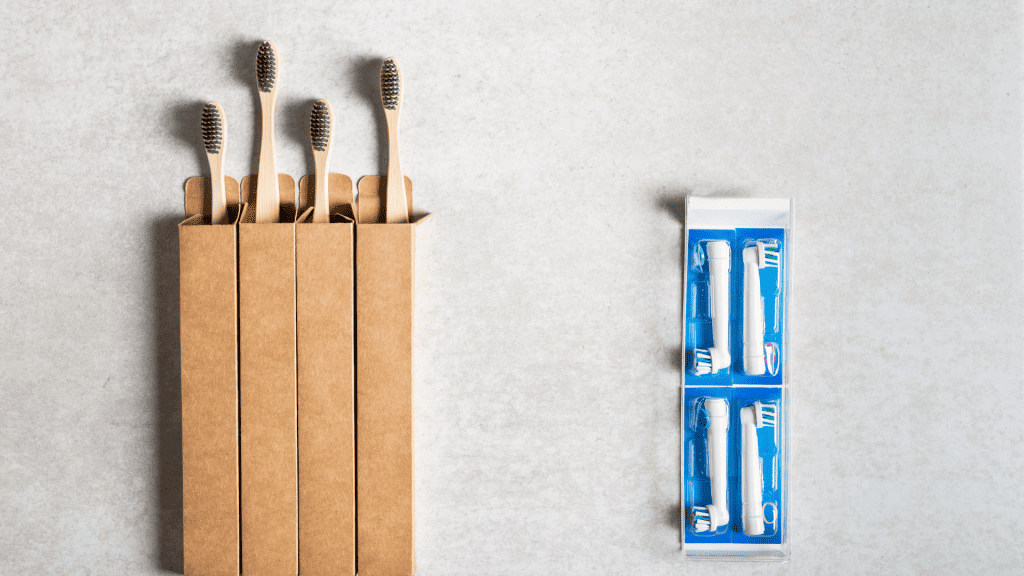There are many benefits to using an electric toothbrush over a manual toothbrush. An electric toothbrush is an excellent option for removing plaque and bacteria from teeth and gums, and it can also help to prevent gum disease. It’s important to remember that you can get the same job done with a manual toothbrush. But an electric toothbrush is a great option that requires less effort to get the same results.
How does an electric toothbrush work?
Electric toothbrushes have bristles that spin around at high speed, which helps remove plaque and bacteria from teeth. The best way to use an electric toothbrush is to hold it against your teeth and gums at a 45-degree angle and use gentle circular motions. You should also avoid using too much pressure, as this can damage your teeth and gums.
Which type of electric toothbrush is best for me?
There are many different types of electric toothbrushes available on the market, so choosing one that suits your needs is essential. For example, if you have sensitive teeth or gums, you might opt for an electric toothbrush with softer bristles. If you have a lot of plaque buildup, you might want to choose an electric toothbrush with a more powerful cleaning action.
How to care for your electric toothbrush, so it lasts longer?
It’s essential to care for your electric toothbrush properly so it will last longer. Always store your toothbrush in a dry place, and be sure to clean the bristles after each use. Additionally, you should replace the brush head every three to six months or as the manufacturer recommends.
What is the cost difference between electric and manual toothbrushes?
Electric toothbrushes typically cost more than manual toothbrushes, but the initial investment may be worth it in the long run. Electric toothbrushes last longer, and their battery life can be extended with proper care. Additionally, many people find better results with an electric toothbrush, so that it may be worth the extra cost.
Whether you choose an electric or manual toothbrush, it is important that you brush at least twice a day, once when you wake up and once before bed at night. Pay attention to that; you’re hitting each area of your teeth!

